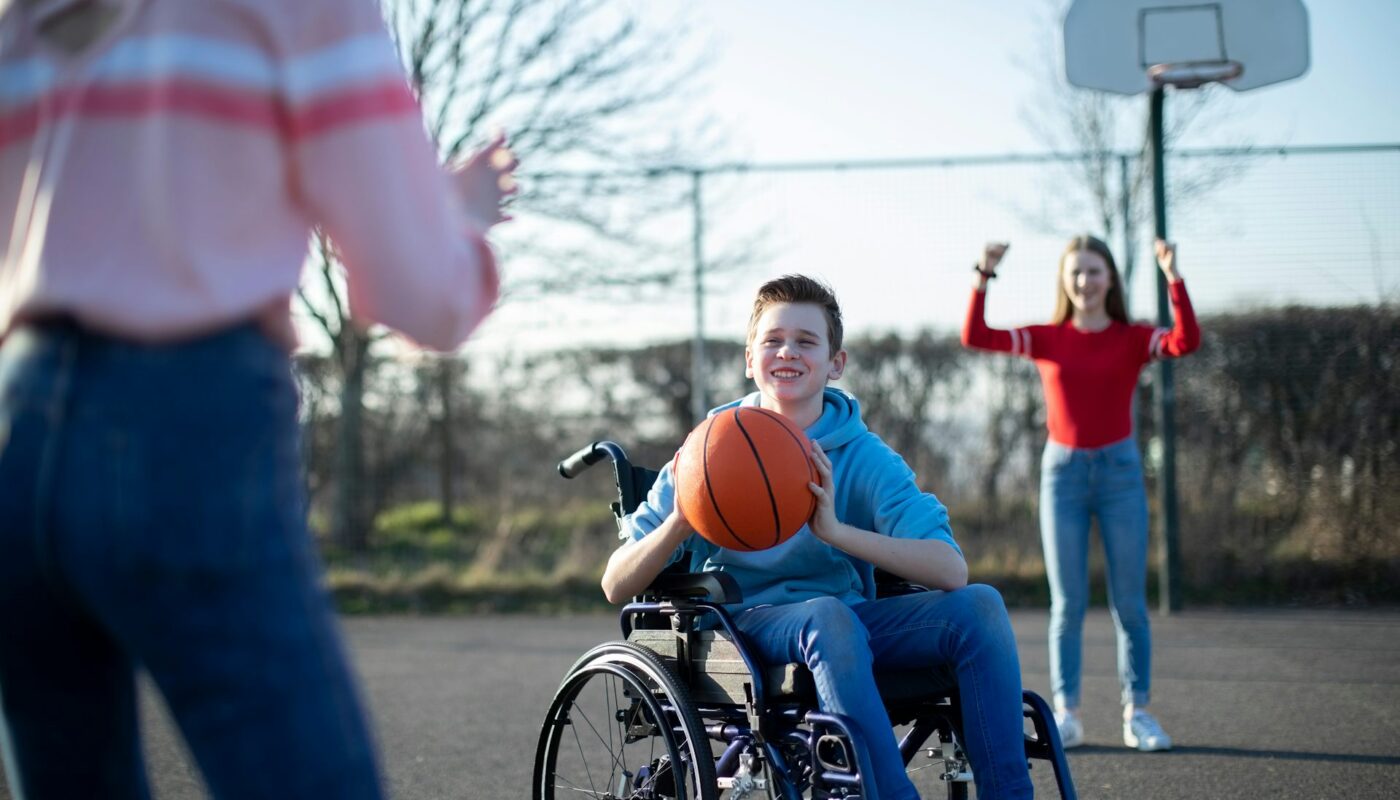A recent study conducted by researchers at Oregon State University has unveiled the positive impact of a dog-training program on children with developmental disabilities. The findings, published in the journal Human-Animal Interactions, demonstrate a notable increase in daily physical activity among participants in the program.
The study, led by Megan MacDonald, head of OSU’s School of Exercise, Sport, and Health Sciences, focused on engaging children with developmental disabilities in regular interaction with their family dogs. By teaching the dogs various tricks and commands, the children experienced a 17-minute daily increase in moderate to vigorous physical activity, accompanied by a reduction of nearly an hour in sedentary time.
According to MacDonald, physical activity is not solely about exercise but encompasses daily movement and active engagement. The research highlighted the significant disparity in physical activity levels between children with developmental disabilities and their peers without disabilities, emphasizing the need for accessible opportunities for physical activity in various settings.
The study involved 45 child-dog pairs, with each child identified as having a developmental disability. The participants underwent the Do As I Do training intervention, involving one-on-one sessions with a dog trainer to teach commands and mimicry behavior. The outcomes revealed a substantial improvement in physical activity levels among children in the training group compared to the control groups.
Apart from the physical benefits, the training program also enhanced children’s cognitive and social skills by promoting awareness of nonverbal cues and fostering responsibility and independence. MacDonald emphasized the positive impact of the program not only on the children but also on their caregivers, providing them with a break from the sole responsibility of caring for the family dog.
With plans to expand the study to include pet cats and engage dog trainers in the Pacific Northwest, the research team aims to further explore the benefits of human-animal interactions in promoting physical activity and overall well-being among children with disabilities. The success of the program marks a significant step towards creating inclusive and engaging opportunities for physical activity for all children, regardless of ability.
In conclusion, the dog-training program offers a holistic approach to enhancing physical activity and social interaction for children with disabilities, emphasizing the transformative impact of human-animal relationships on overall well-being.
*Note:
1. Source: Coherent Market Insights, Public sources, Desk research
2. We have leveraged AI tools to mine information and compile it




